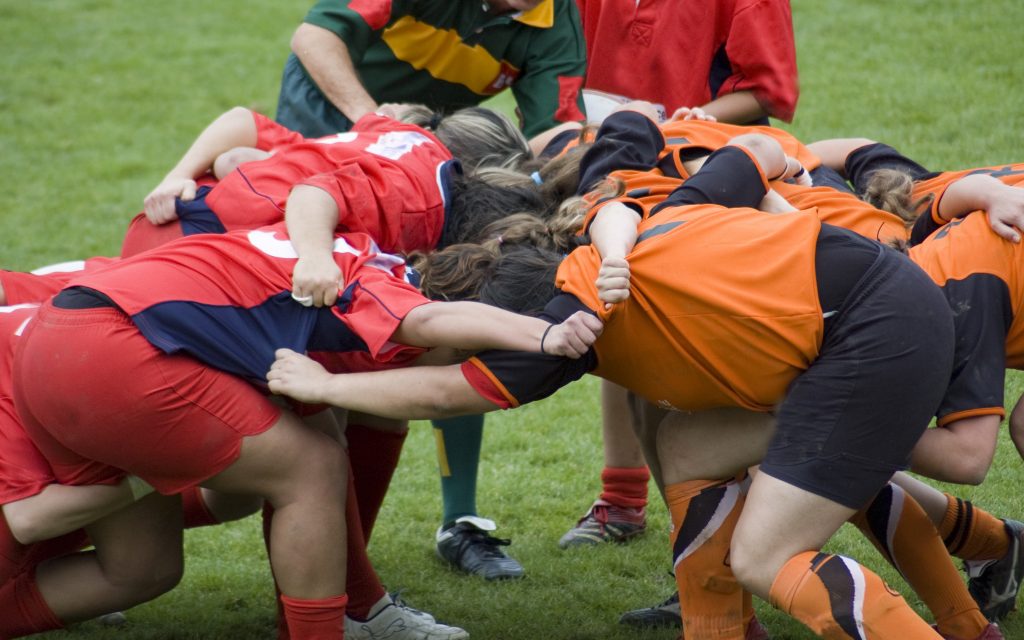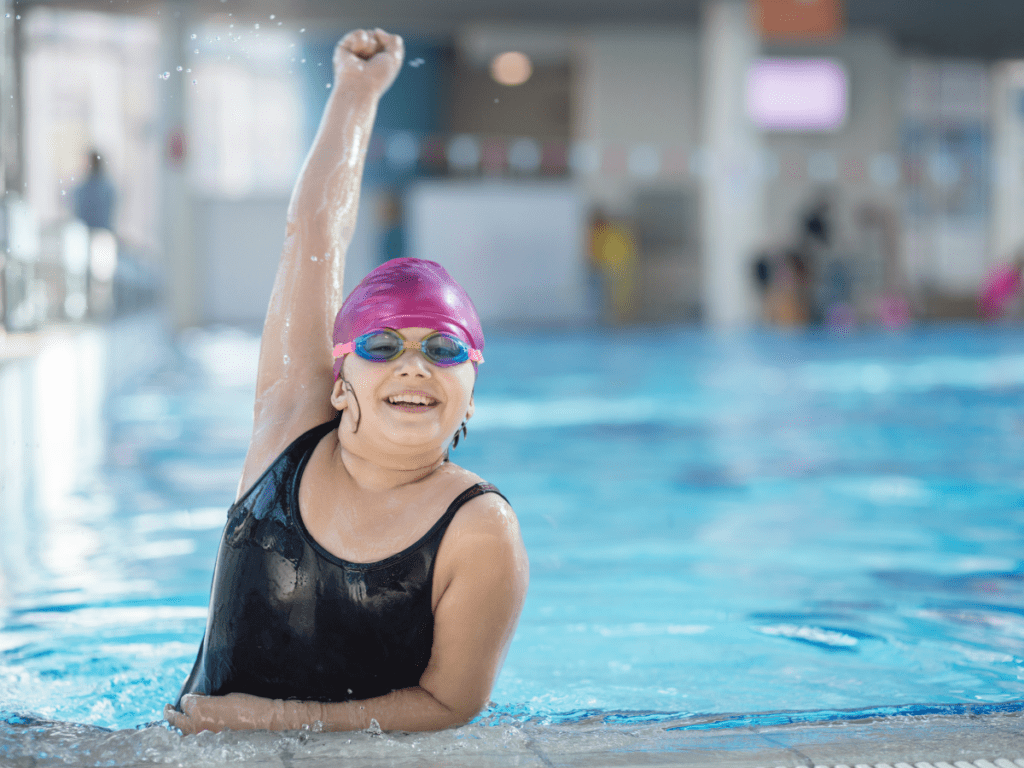Trauma-Sensitive Design
Sport and physical activity programming that incorporates trauma-sensitive design harnesses social and environmental protective factors that can contribute to children’s resilience. Specific strategies include creating a safe environment, nurturing positive adult relationships, building body awareness and physical competence, and delivering active, engaging experiences.
Post-Game Snacks
A new study by public health researchers finds the number of calories kids consume from post-game snacks far exceeds the number of calories they actually burn playing in the game. The researchers found the average energy expenditure for children observed was 170 calories per game, while the average caloric intake from post-game snacks was 213…
The Role of Group Norms in the Underreporting of Concussions in Youth Sport

This blog is the fourth installment in a series in collaboration with Queen’s University. As an assignment to build knowledge mobilization skills, Dr. Luc Martin, Associate Professor in the School of Kinesiology and Health Studies, tasked students in his third year team dynamics course to write a SIRC blog. The top five were submitted to SIRC, and will…
Early Specialization in Hockey
Research finds elite NHL and collegiate hockey players often begin playing sports around 4 years of age, but only specialize in hockey at, on average, age 14. Experts suggest that because hockey requires players to master a wide variety of physical movements, there is a benefit to training in multiple sports at a young age…
National School Safety Week
This year, National School Safety Week (October 17-23) emphasizes the importance of being safe in the digital age. With school, sport training, and connecting with friends moving online, youth could be exposed to threats that include harmful content, viruses and ransomware, and cyberbullying. Keep your kids safe with open communication, a trusting relationship, and by…
Physical Literacy Assessment Tool
The Physical Literacy Environmental Assessment (PLEA) tool examines four domains to determine the extent to which sport and physical activity programs support the development of physical literacy amongst children and youth: environment, programming, leaders and staff, and values and goals, The tool can also be used as a checklist when planning and delivering a physical…
Healthy Behaviours During COVID-19
The COVID-19 outbreak has had a significant impact on the movement and play behaviours of Canadian children and youth. Researchers found that during restrictions, less than 5% of children and 0.6% of youth met recommended activity guidelines, and spent less time outside and more time in front of a screen. However, homes with greater parental…
Successful experiences for overweight children in sport (SOS)

Project Summary Located in the Almaguin Highlands Region in the District of Parry Sound, Powassan is a rural municipality of approximately 3,400 residents. For this research, we engaged in a participatory action research (PAR) project with the Municipality of Powassan Recreation Committee. The focus of the research was about improving access to sport and recreation…
Trauma-Sensitive Lens
Public health protocols, family stress, and social isolation can be challenging for children and youth. Provide one-on-one support for overwhelmed athletes or program participants by helping them stabilize, explore their experience, and supporting their return to play.
Parents in Sport Week
Whether it’s driving kids to games and practices, teaching them to deal with wins and losses, or being an active role model, parents play an important role in supporting the participation of children and youth in sport – especially during COVID-19. From October 5th to 11th, join Active for Life for Parents in Sport Week – a time to celebrate the…